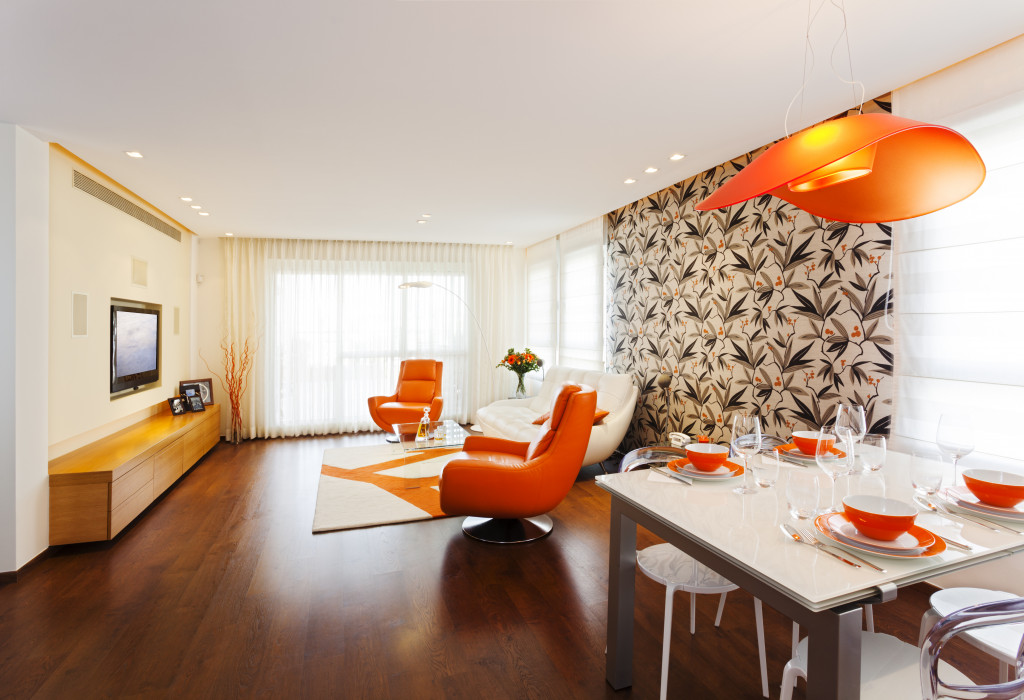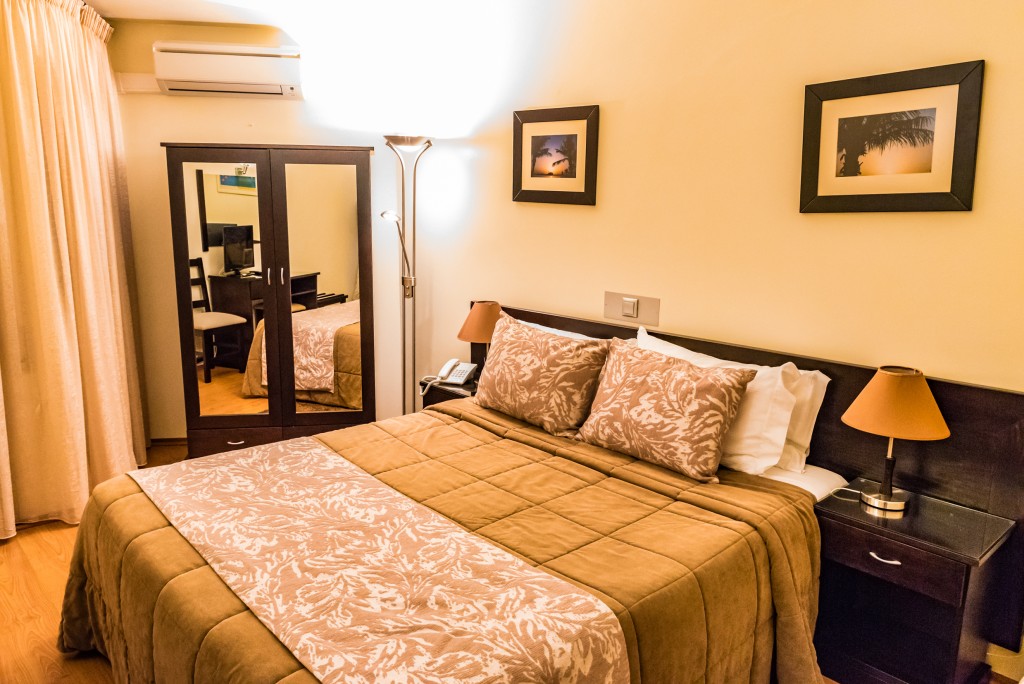Before the coronavirus pandemic put the world on pause, traveling was something people looked forward to. Over the years, it became increasingly accessible to people of all income levels. Travelers became more innovative in saving money by snatching well-priced flights and meticulous budgeting.
What is the one thing most associated with traveling? Hotels. They can be expensive and take a huge cut from a traveler’s budget. To backpackers, hotels aren’t the most attractive accommodation. The rise of travel community-inclined applications such as the famous Airbnb helps travelers with a small budget looking for local immersion.
If you travel a lot or planning to do so, you might be thinking of starting small. But if you’re someone with a vacant room inside where you live, you probably don’t like the fact that the space is just sitting there accumulating dust and taking in all the stuff you don’t need anymore.
What can you do with your free space?
If the space is enough to house stuff, you can opt to host travelers looking for non-hotel accommodation. Not only you’ll make some cash on the side renting the space out, but you’ll also be able to interact with different people from different countries.
You can house travelers for free through platforms such as Couchsurfing, a social space where travelers and hosts connect to arrange accommodation and gatherings in different countries all over the globe.
Doing so will help you learn about other cultures, establish relationships beyond borders, and open your mind to different types of people.

How do you make your space rental friendly?
1. Ensure the accessibility of your location
Most of the time, the people who will be staying with you won’t have their own cars and will rely on available means of public transport. If you’re planning on opening your space for short-term stays, you should also keep in mind if your location is ideal for most travelers.
If you live far out of the city, you can still make your home a place to stay for travelers because some are looking for remote locations so that they’ll be able to engage with locals outside of cities. Worry not. Living in quiet and non-touristy areas won’t prevent you from getting people to stay.
2. Design a room that feels like home
Even if you’re designing the space, you’re planning for people other than yourself. You should still be able to show the personality of your overall home through the space you’ll make accessible to others.
Make it as comfortable as you can and as attuned to your home as possible. Design it the way you like it, not the way travelers would like it. You’ll unintentionally eliminate some aspects of local immersion they’re looking for by tailoring it to their likeness way too much. Know that they’ve traveled miles to experience your surroundings.
3. Check proper airflow
A room with improper airflow can pose problems for some of your renters. Whether they’re staying for free or not, you should still keep their comfort a priority. Ensure that the room they’ll be staying in has proper heating, ventilation, and air conditioning (HVAC). The best way to do this is to reach out to HVAC experts that can help you make a room comfortable to be in.
4. Prioritize both your own and the renter’s safety and privacy
Even though renters are outsiders to your home, you willingly took them in, and it’s your responsibility t provide them shelter and privacy for an agreed period. You can get your window and door locks checked, install a separate lock for the outsider, and provide them with keys to their room.
This will give them the comfort of knowing whatever belongings they leave in the room will remain untouched. It can also foster trust between you and the renter.
If you have security cameras installed, it’s polite to keep them informed. This is the case, especially if the cameras can’t be spotted easily. It will seem like you’re watching them without their consent and bringing problems to the table.
You already know the basic preparations for putting your space up for travelers to stay in. It is time for you to announce it to traveling communities and make friends all over the world. Be sure to make them feel welcomed, give them the local experience they desire, and make them want to come back. If things go well, they might reciprocate and let you stay at their place when you visit where they live.

